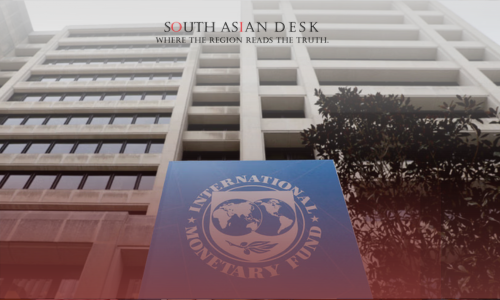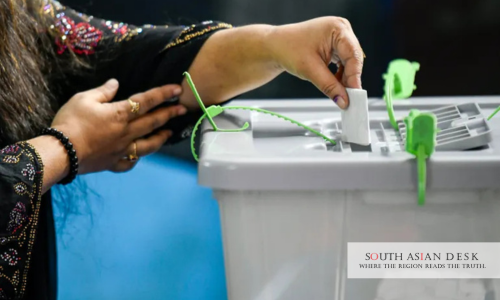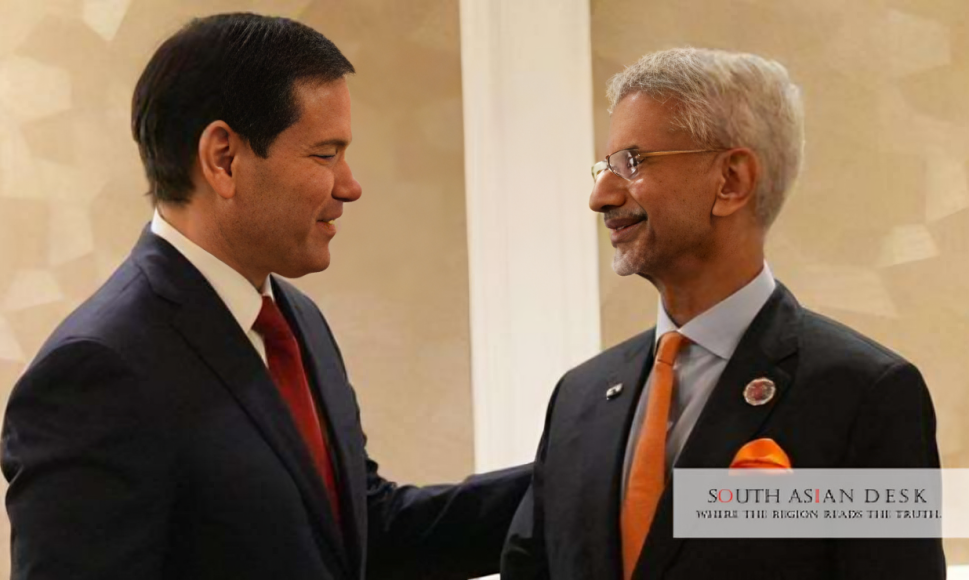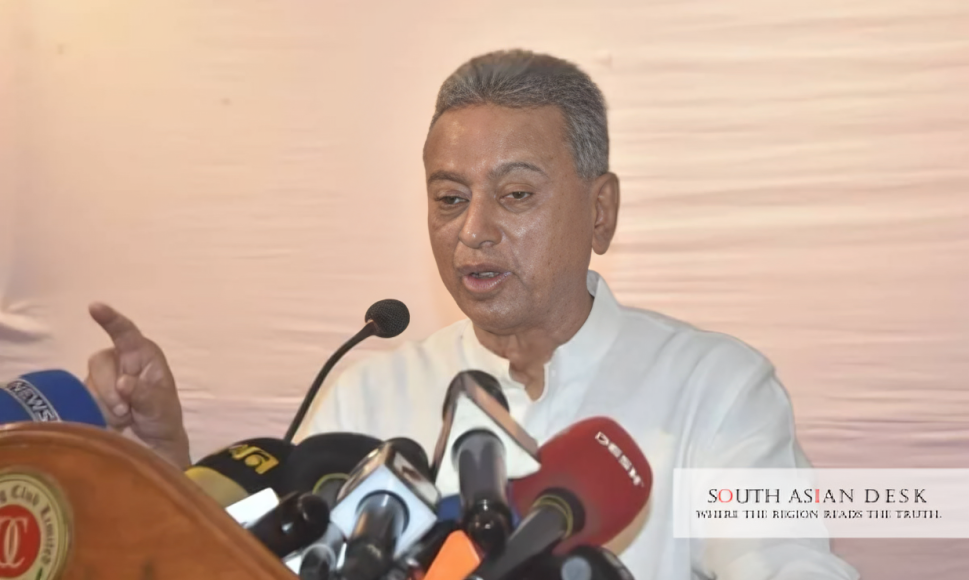The International Monetary Fund (IMF) forecasts a 5.4% growth rate for Bangladesh’s economy in the fiscal year 2025-26, signaling cautious optimism for recovery after a challenging period. This projection follows a reported GDP growth of 3.97% in FY25, the slowest in decades, driven by sluggish performance in agriculture and services. The IMF’s outlook reflects expectations of stabilizing policies, stronger remittance inflows, and increased export performance, which are anticipated to bolster economic resilience.
Bangladesh’s interim government has outlined a Tk 790,000 crore budget for FY26, emphasizing restraint and reform to address fiscal constraints. The budget prioritizes reducing domestic borrowing and reallocating resources, with Tk 560,000 crore allocated for operating expenses and Tk 230,000 crore for development projects. However, challenges loom, including a projected global growth slowdown to 2.8% in 2025, which could dampen demand for Bangladeshi exports, and a 37% tariff imposed by the U.S. on Bangladeshi goods, temporarily suspended but still a concern for exporters.
Recent IMF support, including $1.3 billion approved under combined program reviews, aims to strengthen Bangladesh’s economic stability and climate resilience. Posts on X highlight this financial backing, noting its role in addressing near-term priorities like reducing inflation and rebuilding foreign exchange reserves, projected to reach $34.4 billion by June 2026. Despite these efforts, experts warn of persistent issues, such as a low tax-to-GDP ratio and the upcoming graduation from Least Developed Country status, which may reduce trade benefits and require greater economic diversification.
The government’s Medium-term Macroeconomic Policy Statement projects Bangladesh’s nominal GDP to reach $487 billion in FY26, with gross national income hitting $512 billion. These figures, supported by IMF and World Bank forecasting models, suggest a trajectory toward a half-trillion-dollar economy by FY27, provided growth targets are met. However, local economists stress the need for pragmatic reforms to navigate global uncertainties and sustain momentum.
This outlook underscores Bangladesh’s efforts to balance economic recovery with structural challenges, supported by international partnerships. The coming fiscal year will test the nation’s ability to implement effective policies amid global and domestic pressures.
Published in SouthAsianDesk, June 24th, 2025
Follow SouthAsianDesk on X, Instagram and Facebook for insights on business and current affairs from across South Asia.






